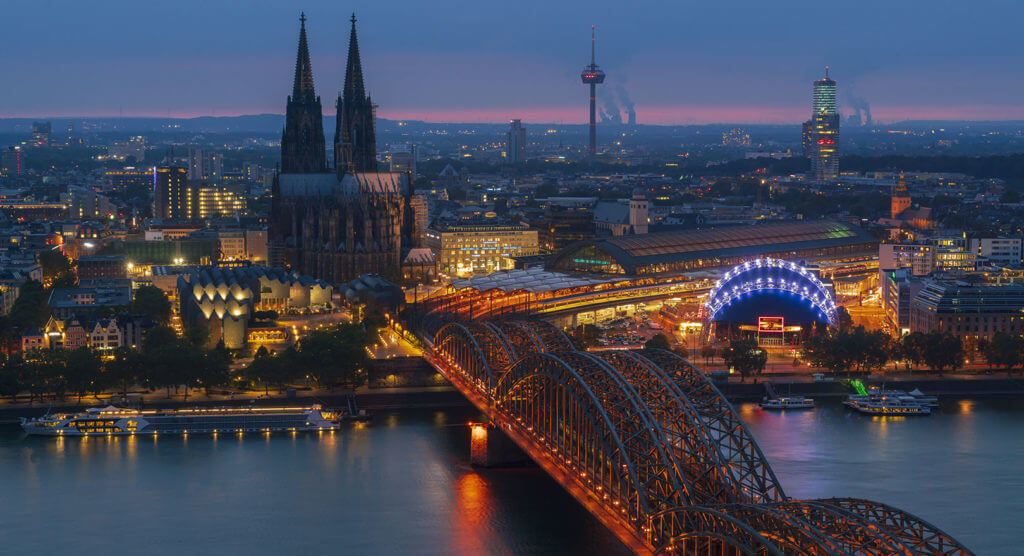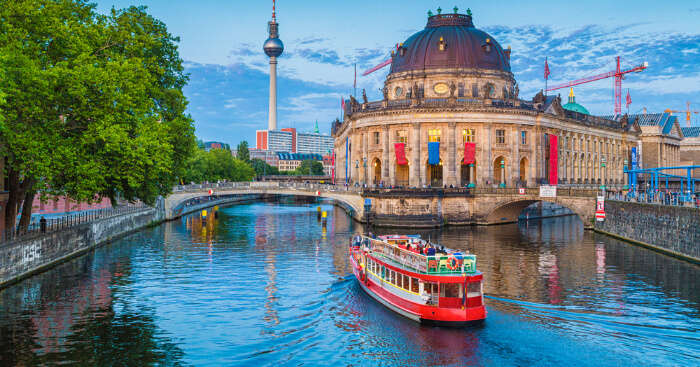Venue & Hospitality
City Highlights
About City
Berlin, the capital of Germany and the country's largest city, is also a major center of politics, culture, media, and science. Noted for its cultural flair, Berlin is home to the world famous Berlin Opera and Berlin Philharmonic Orchestra, while its diverse art scene encompasses hundreds of galleries, events, and museums, including those on Museum Island, a UNESCO World Heritage Site. Berlin's most famous historic landmark is the Brandenburg Gate (Brandenburger Tor), once a symbol of a divided nation and now a symbol of unity and peace. This Neoclassical gate was commissioned by King Frederick Wilhelm II in 1788, and its design was inspired by the Propylaea in Athens' Acropolis. The sandstone monument is 26 meters tall, standing in the Mitte district's Pariser Platz, just a block from the Reichstag building. The Berlin Wall originated in 1961 when East Germany sealed off that half of the city to prevent citizens from fleeing to West Germany. By the time it was torn down in 1989, the four-meter-high wall extended 155 kilometers, dissected 55 streets, and possessed 293 observation towers and 57 bunkers. The economy of Berlin is dominated by the service sector, with around 84% of all companies doing business in services. Important economic sectors in Berlin include life sciences, transportation, information and communication technologies, media and music, advertising and design, biotechnology, environmental services, construction, e-commerce, retail, hotel business, and medical engineering.
Venue


